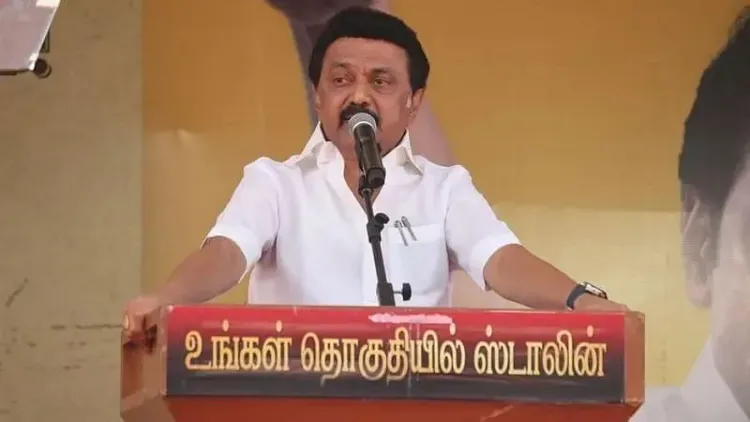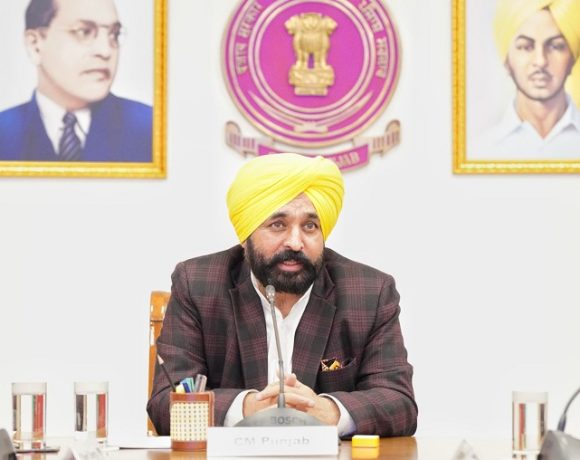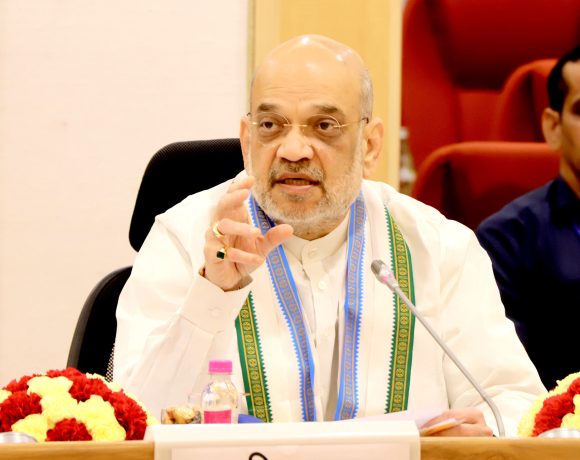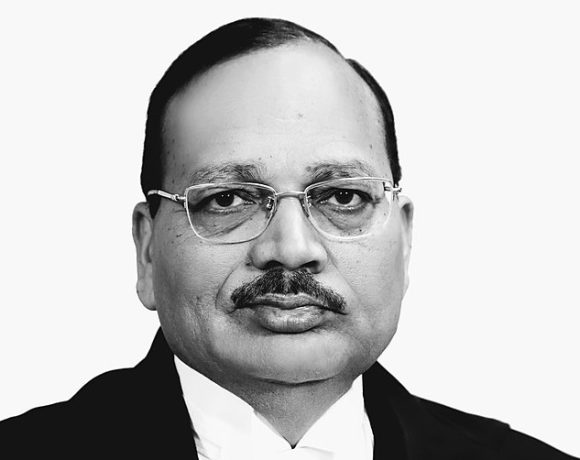
Stalin Slams Centre Over SC Verdict Presidential Reference
Tamil Nadu Chief Minister M.K. Stalin has voiced strong opposition to the Union Government’s decision to seek a presidential reference against the Supreme Court’s recent verdict mandating time-bound assent by Governors on bills passed by state legislatures. Calling it an assault on federalism, Stalin accused the Centre of attempting to dilute the authority of democratically elected state governments.
The Supreme Court, in a significant ruling, held that Governors cannot sit indefinitely on bills passed by state legislatures. The verdict emphasized that Governors must act on the advice of the elected state government and adhere to a reasonable time frame, curbing what was widely criticized as a “pocket veto” approach used to stall legislation. The judgment was seen as a landmark effort to restore the balance in the Centre-State relationship, particularly in cases where Governors were seen acting on political cues from New Delhi.
The Union Government’s move to seek a presidential reference under Article 143 has reignited tensions over the limits of judicial intervention in executive functions and the autonomy of states. By questioning the authority of the judiciary to impose such timelines, the Centre appears to be challenging the very basis of the Court’s effort to streamline legislative procedures and prevent partisan delays.
Stalin, reacting sharply, termed the move “undemocratic and dangerous” and alleged that it undermines the will of the people. “What message does it send when a state’s legislation is repeatedly blocked by unelected constitutional functionaries acting on political whims?” he questioned in a statement. He called upon all states to unite in safeguarding the constitutional framework of federalism.
Stalin SC Verdict Response
Stalin reiterated that the original court ruling merely upheld the fundamental principle that Governors are not parallel authorities to elected governments but constitutional heads meant to act on cabinet advice. He warned that any attempt to water down this verdict through a presidential reference would set a dangerous precedent.
Governor Assent and Federal Strain
The verdict had come after a series of confrontations between state governments and Governors, particularly in opposition-ruled states where the latter had delayed or withheld assent to key bills. In Tamil Nadu itself, over a dozen bills had been pending at Raj Bhavan, leading to public spats and judicial interventions.
Federalism at Crossroads
The unfolding debate reflects growing concern among states about creeping centralization and the weakening of India’s federal character. Legal experts note that while the presidential reference is constitutionally permissible, it is rare and often used to seek clarity on vague or contentious interpretations—not to dispute the binding authority of judicial verdicts.
With this development, the conflict between the judiciary’s intent to enforce constitutional discipline and the Centre’s assertion of executive primacy may deepen. As the President’s Office considers the reference, the broader implications for legislative federalism and democratic accountability are already drawing nationwide scrutiny.


















